This volume deals with the broad rhythms of farm economy and peasant society in the Bombay presidency during a century of colonial rule. The subject-matter of the book, under development in modern history, will make this work equally useful to economists and historians. At a time when the fast growing economies of western Europe and North America were the hub of industrial revolution, the vast expanse of humanity living in the societies of Asia (excepting Japan), Africa and Latin America languished and experienced a comparative slide into poverty and parasitic decay. Rather than concentrating on the abstract, theoretical and empirical details as most of the conventional economists do, the present volume by sharp contrast brings into focus the anticipation and anguish, dilemma and despair, pain and suffering of the real human beings without doing violation to the historical reality. This work takes into account the long-term trends in the colonial rural economy measured through a large number of indices such as population, cultivated area, livestock, deadstock, prices, commodity circulation and farm budgets and evaluate their impact upon the nature of agricultural production and functional possibilities of growth which in a colonial milieu were extremely limited. Within this context, the institutional frame of the peasant society involving the structure of land holding and agrarian relations, material conditions of existence, rising tensions and social conflicts, state-society relationship and agrarian legislation as well as inter-relationship between city and countryside have also been explored. This is an excellent example of economic history narrated in human terms.
Fields and Farmers in Western India, 1850-1950
In stock
Free & Quick Delivery Worldwide
Bibliographic information
Title
Fields and Farmers in Western India, 1850-1950
Author
Edition
1st ed.
Publisher
ISBN
8190196405
Length
xvi+914p., Bibliography; Index; 24cm.
Subjects

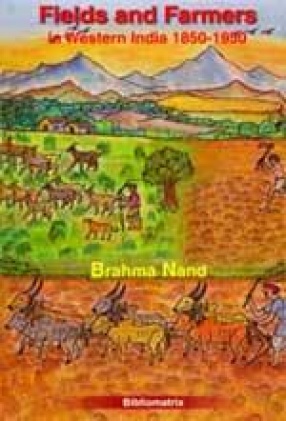
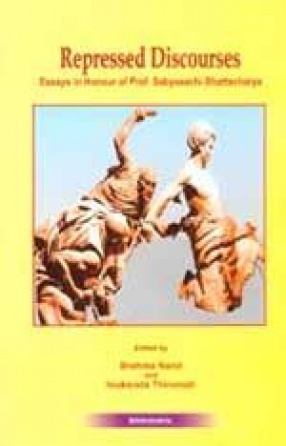
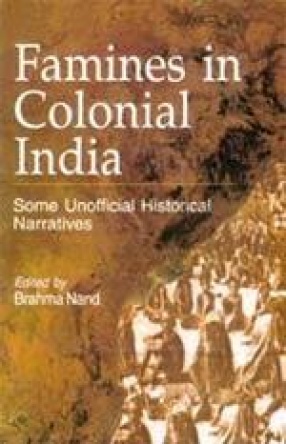
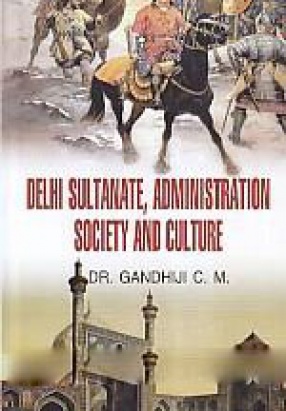
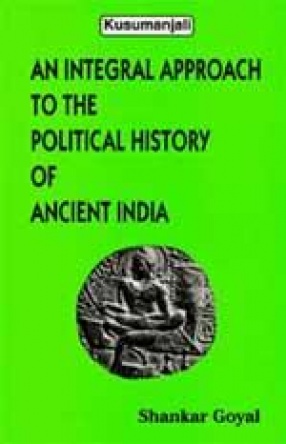
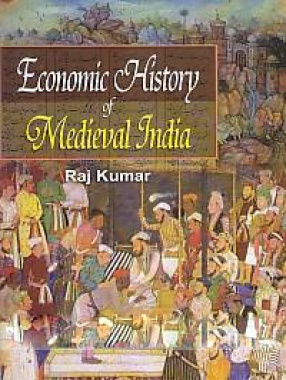
There are no reviews yet.